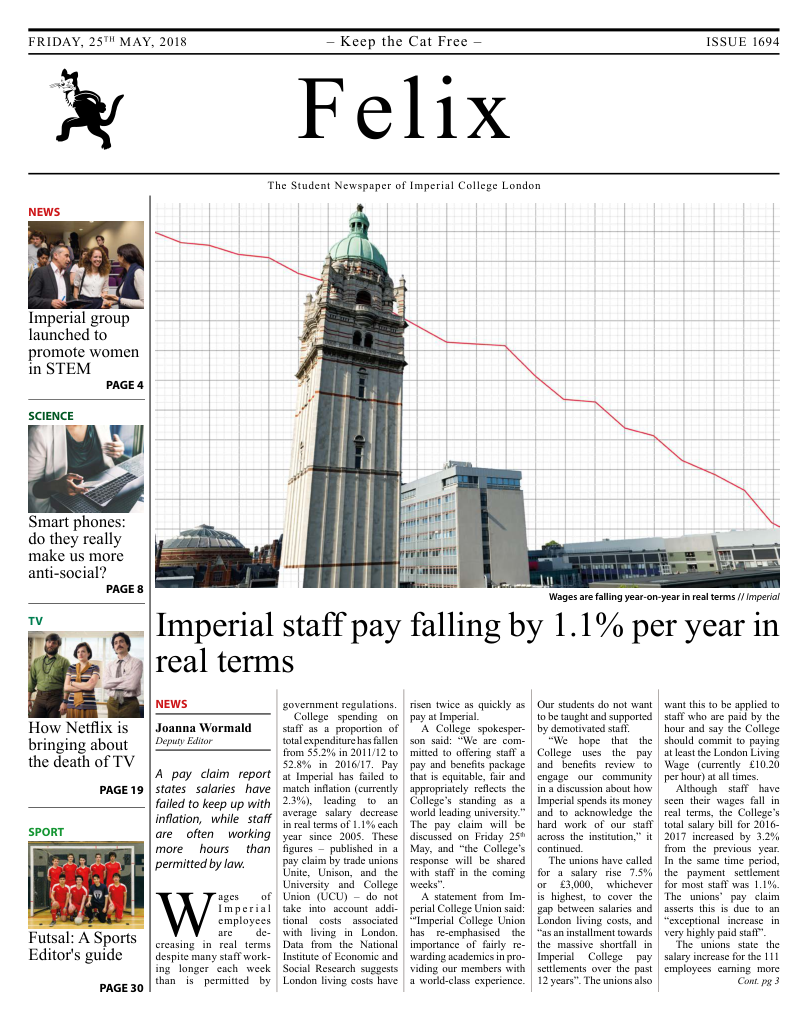Philip Roth: Mourning the loss of an American literary giant
We take a look back at the great author's achievements.

You’re looking, as you begin, for what’s going to resist you. You’re looking for trouble. Sometimes in the beginning uncertainty arises not because the writing is difficult, but because it isn’t difficult enough.”
These words were spoken by the late American author Philip Roth, who died earlier this week, at the age of 85, in an interview for the literary magazine Paris Review. The interview took place in the mid-1980s, well into his long career, but before he published some of his most critically-acclaimed work.
Born in Newark, New Jersey, in 1933, Roth grew up in the neighbourhood of Weequahic, at a time of great change. The son of first generation Jewish immigrants, he came of age during the Second World War, and later saw the incredible demographic shifts occurring in New Jersey, as ‘white flight’ from Newark to the suburbs accelerated.
After graduating from the University of Chicago, Roth served for two years in the US Army, before beginning his writing career with the publication of Goodbye, Columbus in 1959. Between then and today, Roth published 27 novels and novellas, spanning the range of the 20th-century American experience.
Roth’s most celebrated work was perhaps his ‘Newark Trilogy’, which was comprised of American Pastoral (1997), I Married a Communist (1998), and The Human Stain (2000). The historian Michael Kimmage said the trilogy showed Newark’s “twentieth-century decline from immigrant metropolis to post-industrial disaster [completing] the motif of history and its terrifying power over individual destiny.”
American Pastoral, which was the first of Roth’s books I read, details the life and times of Seymour ‘Swede’ Levov, a Jewish-American businessman, living a successful life in mid-century Newark, a lifestyle that is upended by the social and political turmoil of the 1960s and ‘70s, with his daughter rejecting her father’s middle-class lifestyle in favour of political radicalism.
It was one of the books I took with me when I went interrailing with friends, in the endless summer before university; we took turns to read it, passing it between us, and marvelling at the way Roth managed to capture a whole generation of the American experience.
Within his work, Roth was unusually prescient about what was going on around him, and, indeed, what might happen in the future. His 2004 work, The Plot Against America, details an alternative history, in which the isolationist Charles Lindbergh beats Roosevelt in the 1940 election, leading to a rise in antisemitism, and a refusal to intervene against Hitler. Lindbergh, as many have pointed out, serves as a sort of proto-Trump, supporting the America First Committee. In The Human Stain, too, in which the protagonist – a white-passing mixed race academic – is accused of racism, Roth manages to eerily predict how identity would become a defining feature of modern politics.
Roth remains one of the titans of modern American literature, up there with Saul Bellow or Toni Morrison. His passing leaves the literary world just that bit darker.
Philip Roth, 1933 - 2018










